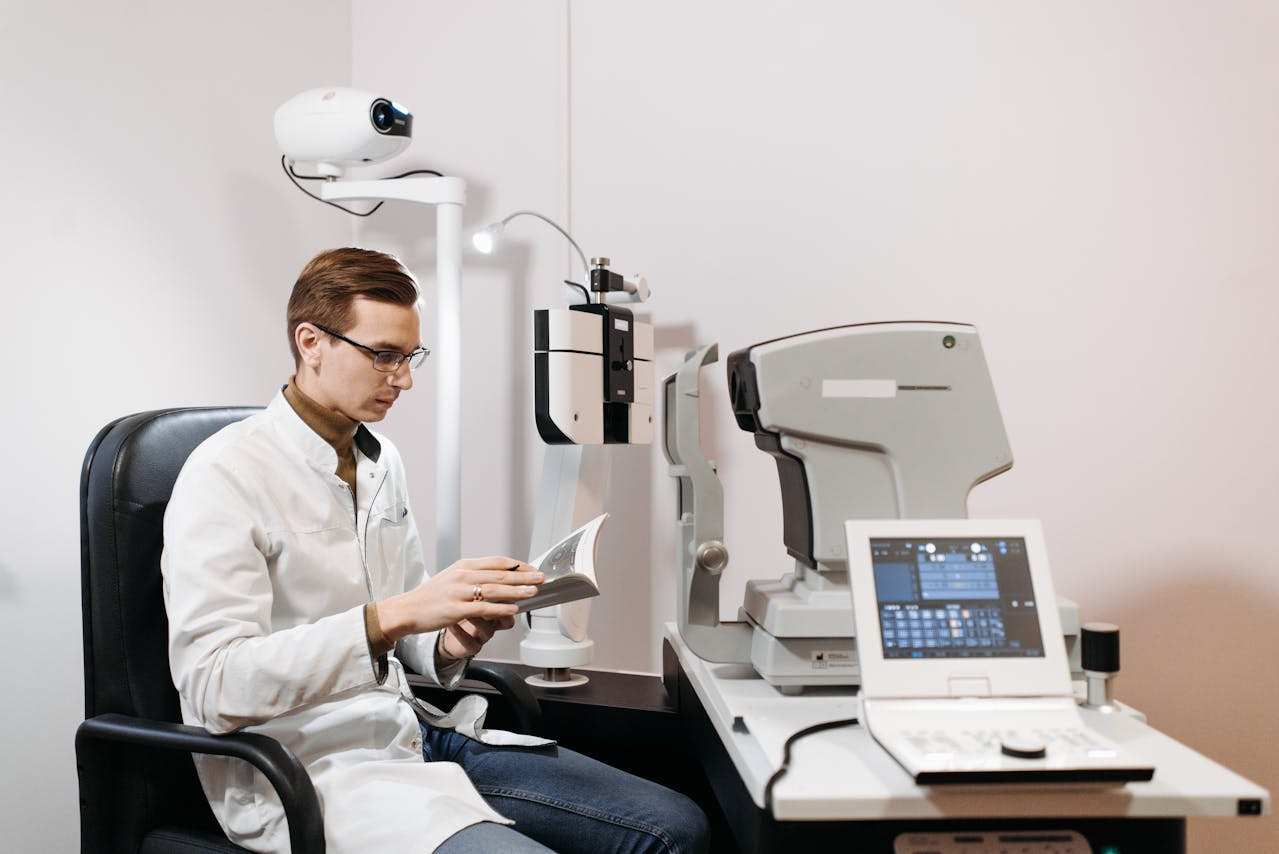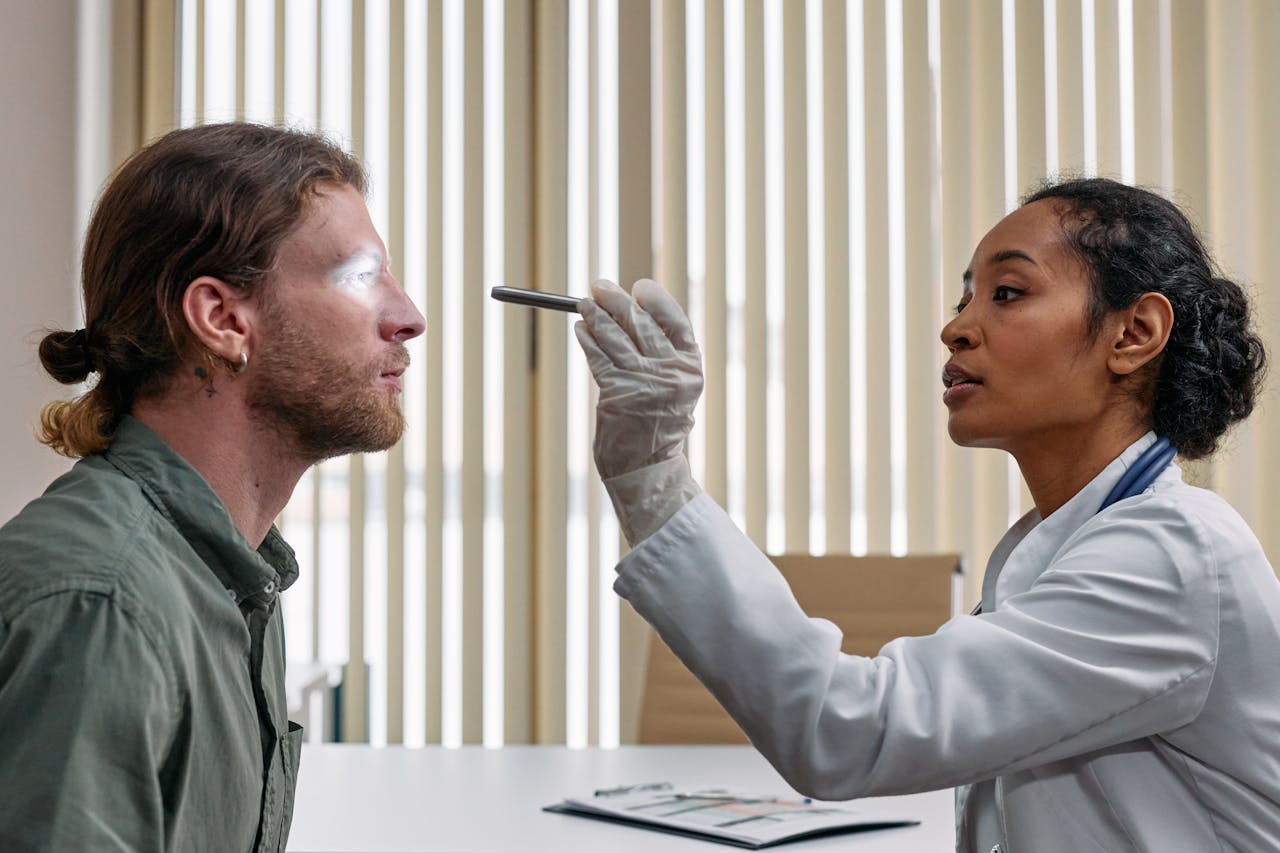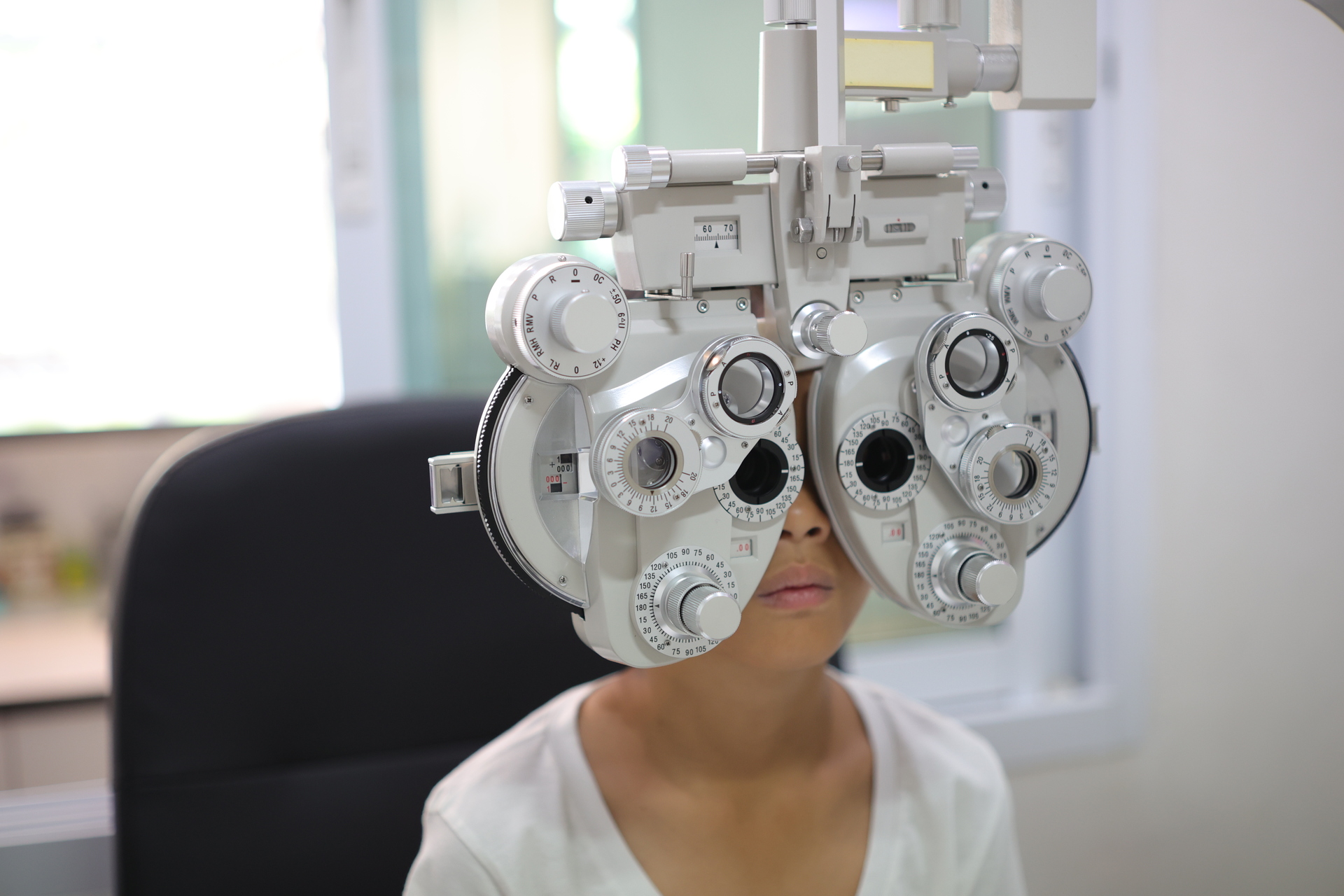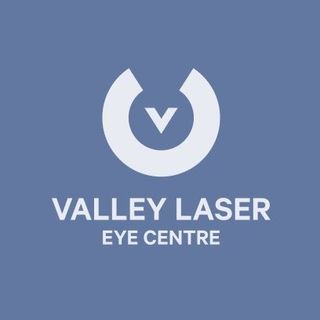Cataract surgery is one of the most common and effective eye procedures designed to restore clear vision impaired by cataracts. At our centre, we understand that the decision to undergo any surgical procedure, especially one as crucial as cataract surgery, comes with questions and concerns. We are here to guide you through the process, ensuring you feel confident and informed every step of the way.
Every year, millions of individuals regain better vision through this straightforward procedure, and our experienced team uses the latest techniques to enhance the safety and effectiveness of your experience. The procedure itself is quick, but the improvements in your quality of life can be vast and long-lasting. Our commitment is to perform the surgery with utmost precision and ensure your comfort and clarity about the entire process, from preparation to recovery.
If you’re noticing that your vision has become blurry, or if you’re finding it difficult to see at night or being increasingly bothered by glare, these could be signs that cataracts are affecting your eyesight. Cataract surgery could be the solution to regain clear vision and lead a visually fulfilling life. We’re here to help you understand how this treatment can be a turning point towards clear and improved vision. Remember, while this information aims to educate, it should not replace professional medical advice. Always consult with a certified medical professional for an accurate diagnosis and treatment plan.
Understanding Cataract Surgery: Basics and Benefits
Cataract surgery involves the removal of the natural lens of the eye that has developed an opacification, commonly referred to as a cataract, and replacing it with an artificial lens called an intraocular lens (IOL). This procedure not only restores clarity but also often improves vision significantly, adding vibrancy and contrast to your visual world. It’s a transformation that many of our patients describe as life-changing.
The benefits of cataract surgery extend beyond clearer vision. Many patients experience an improvement in their quality of life, gaining renewed independence, especially with activities like driving and reading, which may have been challenging. Additionally, cataract surgery has a high success rate and is regarded as one of modern medicine’s safest and most effective surgical procedures. With our experienced team and state-of-the-art technology, we strive to ensure that you receive the best possible outcomes with minimal discomfort.
Preparing for Your Cataract Surgery: Steps to Take
To ensure a smooth surgery and recovery, there are several steps you can take before your cataract surgery. First, we will conduct a detailed pre-operative assessment, which includes measuring the eye’s shape and size to select the appropriate lens implant. This examination is crucial as it helps tailor the procedure to your specific needs.
Secondly, discussing any medications you are currently taking with us is important, as some may need to be adjusted or stopped temporarily. We also recommend arranging for someone to drive you home post-surgery, as your vision may be temporarily blurred. Additionally, we advise our patients to avoid eating or drinking at least 12 hours before the surgery, following which specific instructions will be provided based on their individual health profile. By preparing adequately, you can help ensure a seamless experience and swift recovery.
What Happens During Cataract Surgery: A Detailed Walkthrough
During cataract surgery, we prioritize precision and comfort. The procedure typically lasts only about 10 to 20 minutes per eye. Firstly, we administer local anesthesia to numb the area, ensuring you feel no discomfort during the operation. Using advanced technology, a small incision is made in the eye through which the cataract-diseased lens is gently broken up and removed using a process called phacoemulsification. Once the cataract is removed, we insert a clear, artificial lens, known as an intraocular lens (IOL), tailored to your specific vision correction needs.
Throughout the procedure, our experienced staff closely monitors your comfort and the progress of the surgery, employing the best techniques to optimize your visual outcomes. The use of high-precision equipment and the vast expertise of our team guarantees that the process is both effective and efficient, minimizing any risks and enhancing the recovery process.
Post-Surgery Care and Enhancing Your Recovery
Following cataract surgery, it’s crucial to follow our post-operative care instructions to ensure a smooth recovery. Initially, you might experience mild discomfort, light sensitivity, or a gritty sensation in the eye, but these symptoms typically subside within a few days. We will prescribe eye drops to help manage inflammation and prevent infection. It is important to avoid rubbing or pressing on your eye and keep water out of it during the initial recovery phase to minimize the risk of infection.
We also schedule follow-up visits to monitor your healing process and assess how well your vision is improving. These check-ups are essential to confirm that the eye is healing correctly and the IOL is functioning as expected. Most people can resume normal activities like reading and watching TV by the next day, and complete visual recovery usually occurs within a few weeks. By adhering strictly to our recovery guidelines, you can enjoy the full benefits of restored vision more quickly and effectively.
Conclusion
As your journey to a clearer vision concludes, we at Valley Laser Eye Centre remain committed to supporting you every step of the way. If you are considering cataract surgery or would like more information about enhancing your vision and improving your quality of life, please contact us. We are here to provide expert care tailored specifically to meet your needs and ensure the best outcomes for your eye health.
Disclaimer: This blog post does not replace medical advice and should not be implemented prior to consulting a fully certified medical professional.





